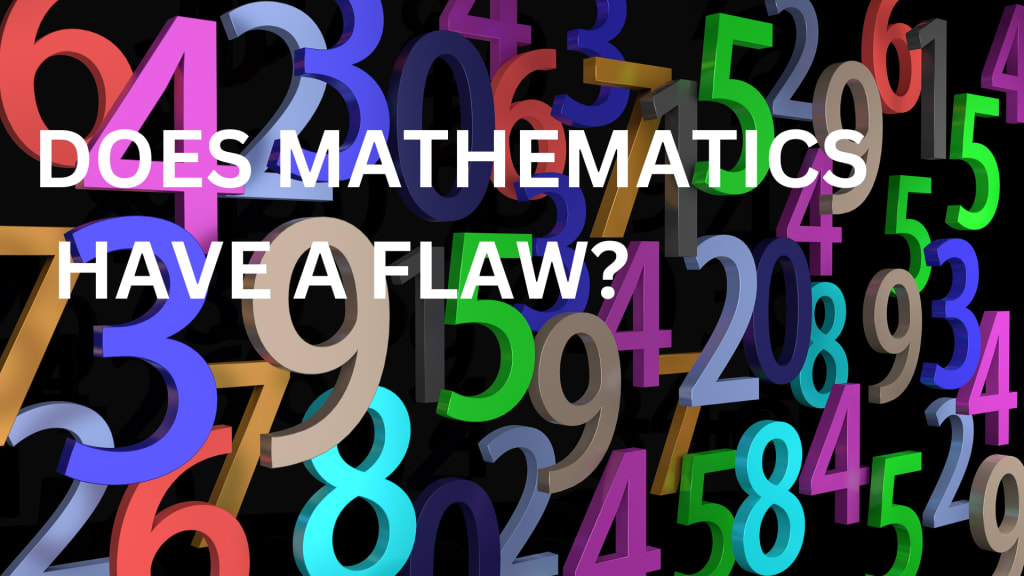
Does Mathematics Have A Flaw?
In the world of math, a puzzling matter resides. It reveals that complete certainty is beyond our reach. Certain truths will forever elude definitive proof. While these truths can't be precisely identified, they might involve ideas like the Twin Prime Conjecture. Twin primes are pairs of numbers, like 11 and 13, or 17 and 19, with just one number between them, and both being prime. As numbers increase, prime numbers become scarcer, and twin primes even more so. Nevertheless, the Twin Prime Conjecture proposes an endless stream of twin primes that continue indefinitely. Currently, this notion remains unverified.
Now, let's explore something more captivating. Picture a unique game called the Game of Life, devised by mathematician John Conway in 1970. In this game, you face a grid with squares, some alive and some not. Two rules govern: a dead square encircled by three living neighbours comes alive, and a living square with fewer than two or more than three living neighbours dies. By following these rules, new generations form. The game operates autonomously – Conway dubbed it a "zero-player game." Despite the rules' simplicity, the game spawns diverse patterns. Some patterns remain stable, some oscillate, and others expand indefinitely.
But here's the twist: foreseeing the ultimate destiny of a pattern in the Game of Life evades us. We can't predict if it will grow endlessly, stabilise, or vanish. This mystery stems from a distinct property known as "undecidability." In fact, numerous systems in math and even other fields like physics and computing contain questions that can't be definitively answered. This notion of undecidability traces back a century to the work of mathematicians like Georg Cantor and Kurt Gödel.
Kurt Gödel showed that some true mathematical statements can't be proven. He cleverly used numbers to demonstrate this. Later, Alan Turing expanded on these notions and introduced the concept of a Turing machine, forming the basis of today's computers. Turing also revealed that certain questions, such as determining if a computer program will halt or run indefinitely, defy resolution. This implies no algorithm can unfailingly provide the correct answer.
So, while it might be frustrating that uncertainties persist in math and other realms, the concept of undecidability has catalysed remarkable breakthroughs and innovations, especially in the computing realm and beyond.
About the Creator
Jordan G
Avid writer and reader
Enjoyed the story? Support the Creator.
Subscribe for free to receive all their stories in your feed. You could also pledge your support or give them a one-off tip, letting them know you appreciate their work.






Comments
There are no comments for this story
Be the first to respond and start the conversation.